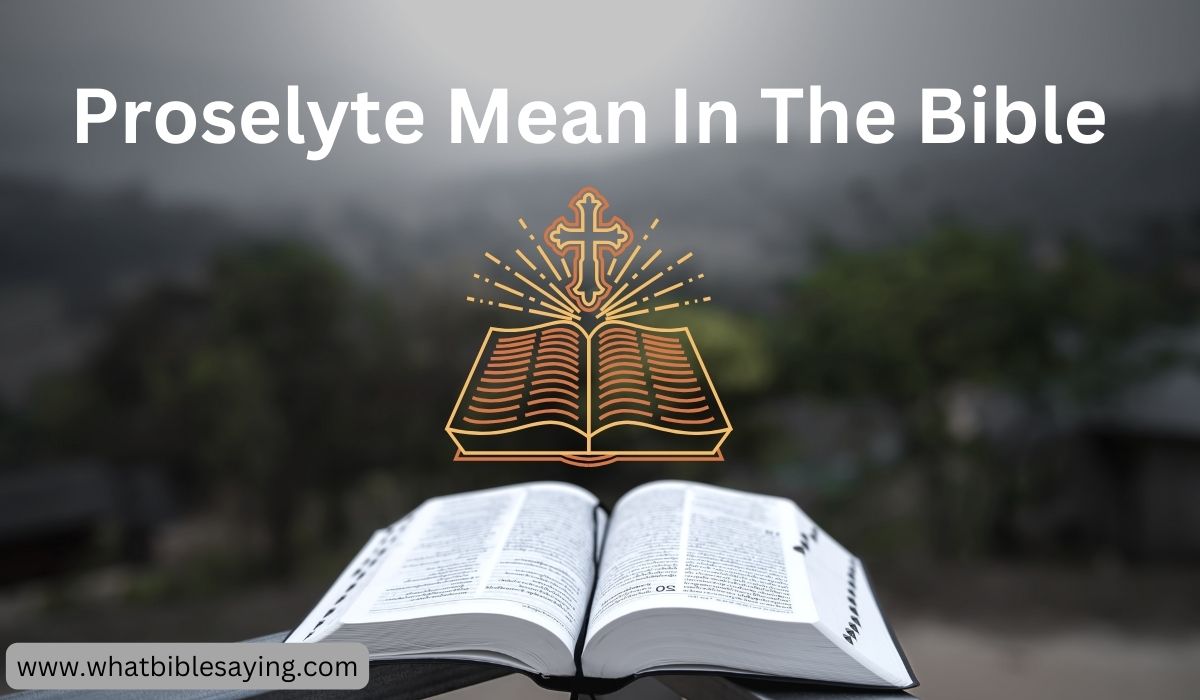 In today’s society, discussions about gender equality are more relevant than ever, and many look to their faith for guidance on this issue. Christians often turn to the Bible to understand the roles and equality of men and women. This article delves into what the Bible says about gender equality, examining key scriptures and theological interpretations to provide a comprehensive understanding.
In today’s society, discussions about gender equality are more relevant than ever, and many look to their faith for guidance on this issue. Christians often turn to the Bible to understand the roles and equality of men and women. This article delves into what the Bible says about gender equality, examining key scriptures and theological interpretations to provide a comprehensive understanding.
What Do Christians Believe About Gender Equality?
Christians hold diverse views about gender equality, shaped by various biblical interpretations and cultural contexts. While some argue that the Bible advocates for distinct roles for men and women, others believe it supports full equality across genders. This divergence largely stems from how individuals interpret scriptures concerning male and female roles.
Biblical Perspectives on Male and Female Roles
Genesis 1:27 states, “So God created man in his own image, in the image of God he created him; male and female he created them.” This verse is often cited to illustrate that both genders are made in God’s image, suggesting equality in dignity and value. However, passages like Ephesians 5:22-23, which discuss the roles of husbands and wives, are interpreted by some as indicative of a hierarchy in family structure.
Does the Bible Talk About Equality?
The Bible addresses equality not just in terms of gender, but also in regard to race, social status, and more. Galatians 3:28 is a pivotal verse: “There is neither Jew nor Greek, slave nor free, male nor female, for you are all one in Christ Jesus.” This scripture underscores spiritual equality in the eyes of God, which many extend to social and gender equality.
Women’s Role in Society According to the Bible
The role of women in society, as depicted in the Bible, varies. Proverbs 31 describes a woman who is strong, capable, and valued for her contributions to her family and community. Meanwhile, the New Testament praises women like Lydia and Phoebe, who played significant roles in the early Church, suggesting that the spiritual and social contributions of women are valuable and recognized.
Bible Verses About Gender Roles
- 1 Timothy 2:12: “I do not permit a woman to teach or to assume authority over a man; she must be quiet.”
- Proverbs 31:26: “She speaks with wisdom, and faithful instruction is on her tongue.”
These verses reflect the complex and sometimes contradictory views on gender roles found in the Bible.
Gender Equality in Christianity
Over the centuries, the interpretation of scriptures related to gender roles has evolved. Today, many Christian denominations advocate for gender equality, emphasizing that all are equal in the eyes of God. This shift reflects broader societal changes and a reexamination of traditional interpretations.
Bible Verse About Gender Equality (Tagalog)
“Kayo’y pantay-pantay lahat sa harap ng Diyos” (Galacia 3:28). This Tagalog translation of Galatians 3:28 reinforces the idea of equality among all people before God, serving as a cornerstone for those advocating for gender equality within Filipino Christian communities.
Jesus and Gender Equality
Jesus Christ’s interactions with women, as recorded in the Gospels, also provide insight into gender equality. He broke social norms by speaking publicly with women, like the Samaritan woman at the well (John 4) and by defending the woman accused of adultery (John 8). These actions highlight Jesus’s approach of compassion and equality.
Conclusion
The Bible’s messages on gender equality are nuanced and multifaceted, reflecting its complex authorship and historical context. While certain passages suggest gender-specific roles, the overarching theme of equality in the eyes of God suggests a profound respect for all individuals, regardless of gender. As we reflect on these scriptures, it’s essential to seek understanding that respects both the divine inspiration of the Bible and the dignity of every person.












